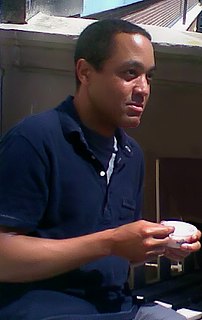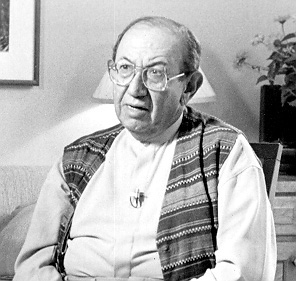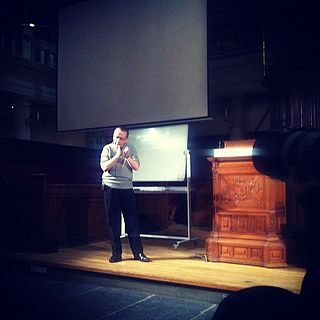A Quote by Susan Sontag
Try not to live in a linguistic slum.
Quote Topics
Related Quotes
The great majority of Baghdad is a slum - a lot of it's new, but it's still slum. It's usually this concrete-block, one-room design with a door and a window, arranged one-up, one-down, often with a shop with nothing in it on the first floor, and then a one-room apartment above it. There's street after street after street of that stuff.
I can't help but admire the structural linguists who have carved out for themselves a linguistic discipline based on the deterioration of written communication. Another case of men devoting their lives to studying more and more about less and less - filling volumes and libraries with the subtle linguistic analysis of the grunt.



































